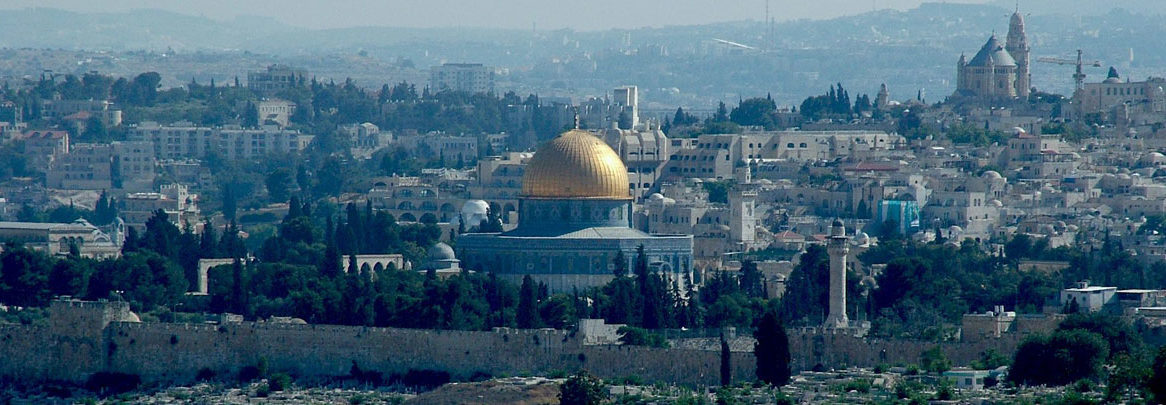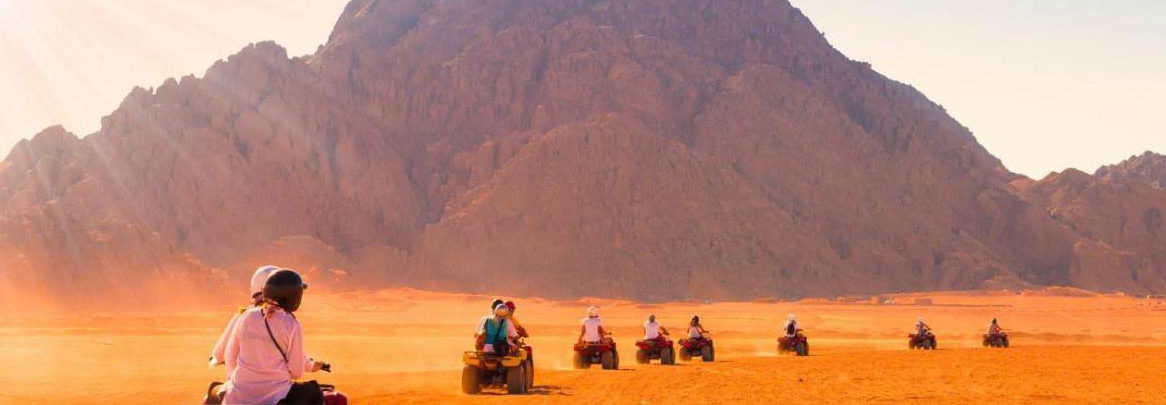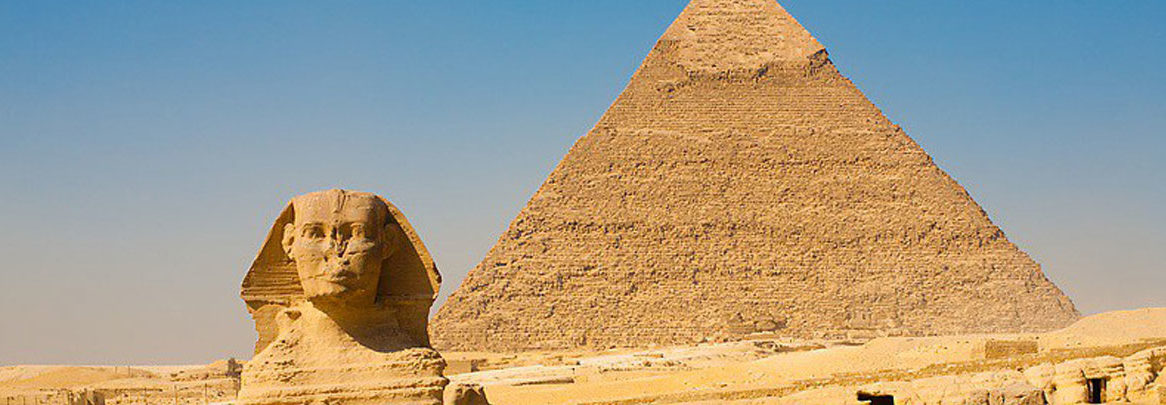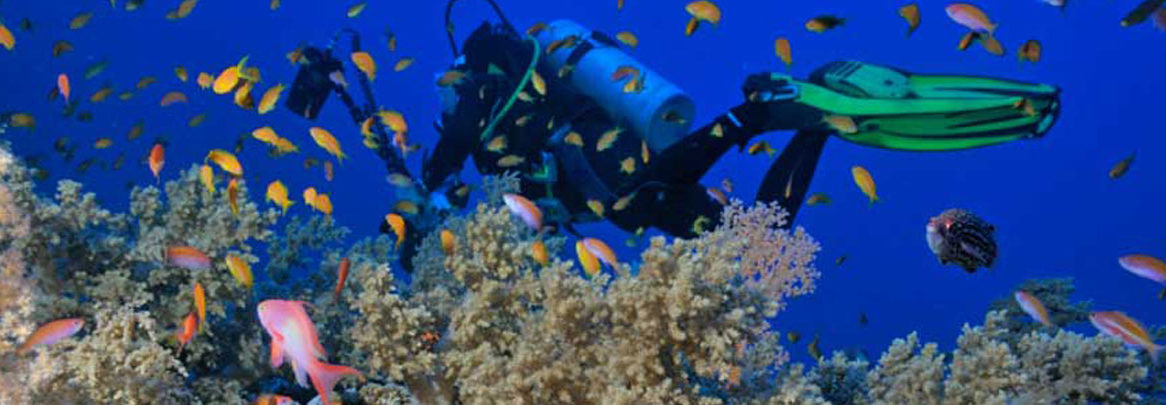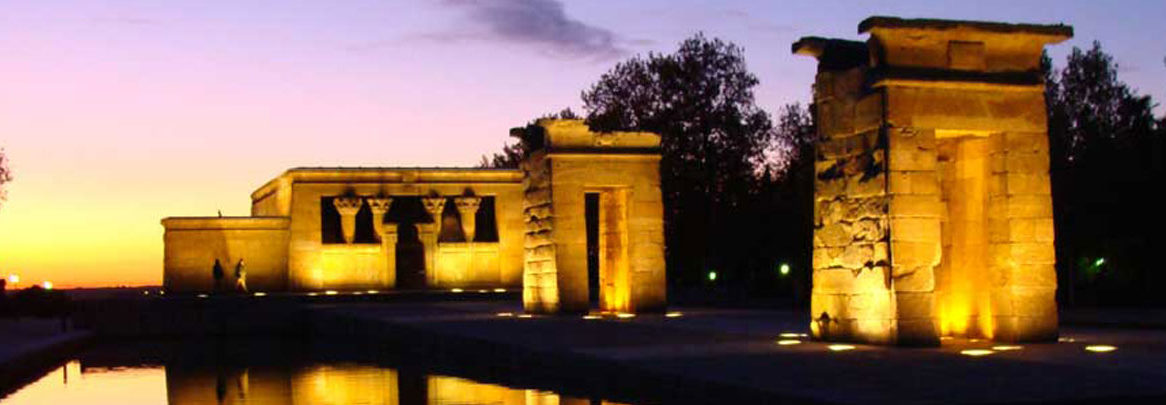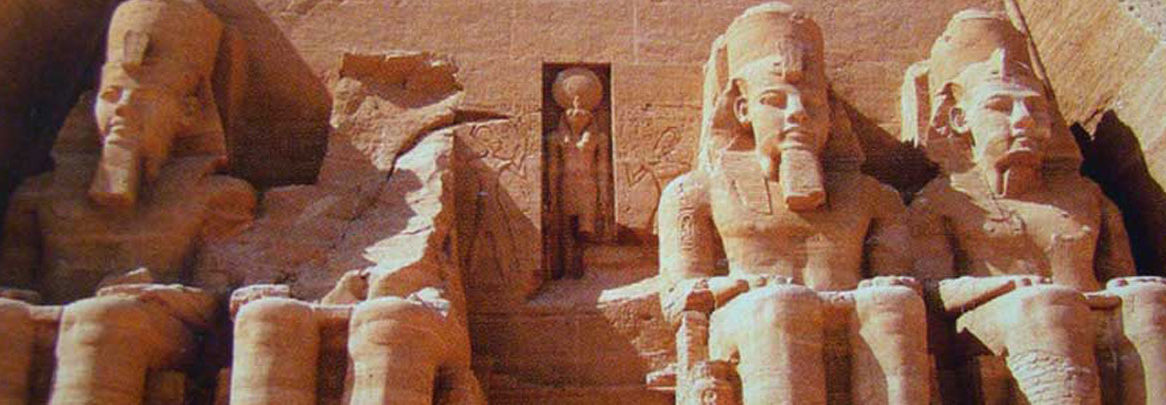Tips for Sharm el Sheikh
Business hours in Sharm el Sheikh
- Business Offices: 09:00 am 14:00 pm and 17:00 pm to 20:00 pm, Sunday to Thursday
- Banks: 08:00 am to 14:00 pm, Sunday to Thursday
- Post Offices: 08:00 am to 14:00 pm, Sunday to Thursday
- Shops: 09:00 am to 22:00 pm, Monday to Saturday
Some larger supermarkets ar open 24/7
Currency
The Egyptian currency is known as the Egyptian pound (EGP). The pound is divided up into 100 piastres, with coins coming in denominations of: 1, 2, 5, 10, 20 and 25 piastres and banknotes available in denominations of: 1, 5, 10, 20, 50 and 100 pounds
There banks located throughout the city, which can be used to cash travellers cheques and exchange money. ATMs can also be found around the city as well as in many hotels, although hotel cash machines frequently prove to be unreliable. Credit cards can be used in the more upmarket bars and restaurants in central Sharm and cash advances on your credit cards can be obtained from Thomas Cook in Naama Bay.
Etiquette in Sharm el Sheikh
Egyptians are famous for their hospitality and welcoming of guests. Their culture is however dominated by religion and the beliefs of Islam should be respected. The locals are very understanding of other religions, but these should not be flaunted in public.
Here is also a little bit of Arabic to help you along…
Hi! – Salaam!
OK – maashi
Goodbye – ma’is salaama
Lets go – yalla beena!
Thanks – shokron
Good luck – haz sa’eed
No thanks – la shokron
My name is – ismee…
You’re welcome – afwan; il ‘afu
Good health/cheers – fee saHitkum!
How much is? – bikam da?
Go away!! – Imshi
Airport
You are allowed to import up to 200g of tobacco, 1 litre of alcohol and 1 litre of eau de cologne. If you are bringing in gifts or goods for personal use, these must not exceed the value of 100 Egyptian pounds. All pornographic material is banned, along with any potential explosives and devices that could be used for illegal activities.
Safety Tips
Sharm el-Sheikh crime rate is low and poses a very small threat, but you should always keep hold of your belongings and try to avoid flashing large amounts of cash around. Unfortunately, few hotels provide adequate-sized safes; try to limit the valuables you bring on holiday and make sure you have extensive insurance to cover any loss, theft or accident.
Tourist Information Offices
Sharm el-Sheik’s main tourist office can be found in the centre of Sharm el-Sheik and can be contacted by telephone on: +202 762 704 062.
The country’s main tourist information office can be found in Cairo at: Misr Travel Tower, Abbassia Square and can be contacted by telephone on: +202 854 509 28
Visas
Everyone must complete a landing card, whether they are applying for a visa or not. These are often given out on the plane but one can obtain them in the Arrivals Hall.
If you don’t want a visa, then simply fill in the card & write “SINAI ONLY” on the back (anywhere). Please read on to see if you will need a visa because Sharm as well as some other tourist resorts such as Taba and Dahab are on the Sinai Peninsula, a Visa is required in order to:
- Travel out of Sinai – to Cairo, Luxor, The Ras Mohammed trip by boat, quad (taking in the blue lagoon & BBQ lunch), car or bus.
- To leave the immediate beach area and go further out to sea. The latter means that if you want to go to some dive sites – you will need a visa.
You can buy a single entry visa on arrival in Sinai or Egypt. It’s valid for 30 days. You can also obtain multi-entry visas from the Consulate in your country (check with your Egyptian Embassy), prior to travel which are valid for 6m & allow a maximum single stay of 90 days. This is usually done by post (allow 7 days) or in person (allow 2 days).
Your passport must be valid with at least six months of validity.
Climate
The city experiences a subtropical arid climate with two main seasons, both of which are dry seasons. Typical temperatures in January range from 18 to 23 degrees Celsius and 38 to 45 degrees Celsius in August. The temperature of the Red Sea in this region ranges from 21 to 28 degrees Celsius (70-82°F) over the course of the year.
The winter months are between November to March. In this time the day temperature is still warm but the night time temperature can drop to about 12°C and inland in the desert it can get less than this.
The annual rain fall is zero. In the winter months it can rain for a few seconds and every few years a storm can come through where it comes down in buckets!
The summer weather is very hot and dry. The low humidity makes the high temperatures a lot more bearable, but means that dehydration can become a problem if insufficient water is consumed every day. The temperature in the day can be in the forties and night time the temperature is still in the mid thirties. So a fan or air-conditioning may be required to enable you to sleep.
Average High Temperatures
Jan – 20°C Feb – 21-22°C Mar – 24°C Apr – 27°C – 28 °C May – 32°C June – 35°C
July – 38° C Aug – 43°C Sept – 34°C Oct – 31°C Nov – 26°C-27°C Dec – 21°C-25°C
Average Sea Temperatures
Jan – 23°C Feb – 22°C Mar – 22°C Apr – 23°C May – 25°C June – 26°C
July – 28° C Aug – 29°C Sept – 28°C Oct – 27°C Nov – 26°C Dec – 24°C
Some useful numbers:
Tourist police:
069 366 0311
069 366 1143
Ambulance:
Mobile 123
069 920 5270
